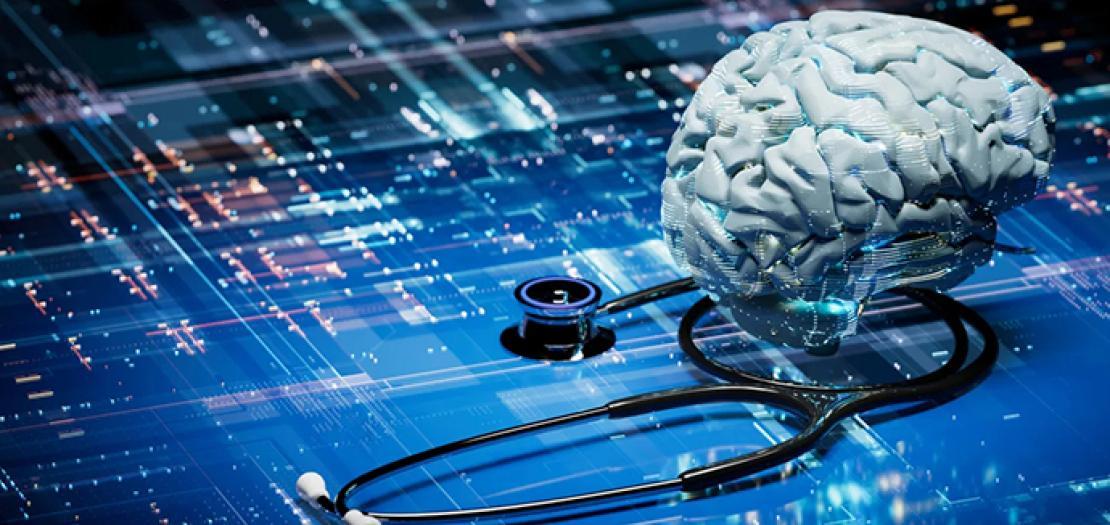Issued by the Catholic Center for Studies and Media - Jordan. Editor-in-chief Fr. Rif'at Bader - موقع أبونا abouna.org
Humanization of AI in medicine and health
A conference that has been held in Rome, organized by the Pontifical Academy for Life, and titled "AI and Medicine: The Challenge of Human Dignity" drew my attention. Pope Leo XIV addressed the participants, highlighting the key role of modern technology in medicine while at the same time warning against the danger that these technologies, particularly AI, could replace human relationships.
This was reminiscent of the speech delivered by His Royal Highness Crown Prince Al-Hussein Ibn Abdullah II at the "Tawasol Forum 2025” held in May 2025, which also sheds light on the objectives of the Rome conference. In his opening address, His Royal Highness envisioned the future in light of technological advancements, saying: "I envision a citizen visiting a health center that lacks a specific specialty, yet being able to access a specialist remotely without the need to travel. I envision in the near future unmanned planes manufactured by Jordanian companies that transport urgent medical supplies, or monitor water and electricity networks in order to protect them or for use in agriculture."
Consequently, we are encountering a "historical shift" akin to the Industrial Revolution that began at the end of the 18th century at the local and global levels. Yet, it is nowadays it is more inclusive and more profound because it encompasses the fruits of the digital revolution and AI. However, this progress is not void of harm and negative consequences, or rather destructive repercussions at times. In recent years, we witnessed how these modern innovations were used in remote assassinations, killings, destruction, and displacement. Gaza is not excluded from this painful reality.
Nevertheless, this era as well as its tools and applications provide a great opportunity in the service of humanity, especially in the fields of medicine, health, and comprehensive human care. Suffering human beings are indeed in need of those who open new avenues of hope that provide them with treatment and support which are attributed to these technologies no matter how far the distances seems. His Holiness the Pope said: “The greater the fragility of human life, the greater the nobility required of those entrusted with its care."
Let us, therefore excel in the field of AI by directing our efforts toward ethical innovation that makes these tools serve humanity, neither by domination nor serving as an adversary but rather as a companion. Let us make AI as a means to build modern hospitals that alleviate people's pain and suffering, restore progress to its original meaning, namely by serving human dignity. As for intelligence, Pope Leo said, "Intelligence—whether artificial or human—finds its fullest meaning in love, freedom, and relationship with God.”
In conclusion, we must highly value all the efforts exerted in medical laboratories which are designed to alleviate human suffering, and for all collaborations with the fields of digital technologies and AI, so that new innovations may serve human health, and medicine in general which is open to all modern applications for the holistic development of humans and their sacred dignity, which stems from the sanctity of the Creator Himself.







